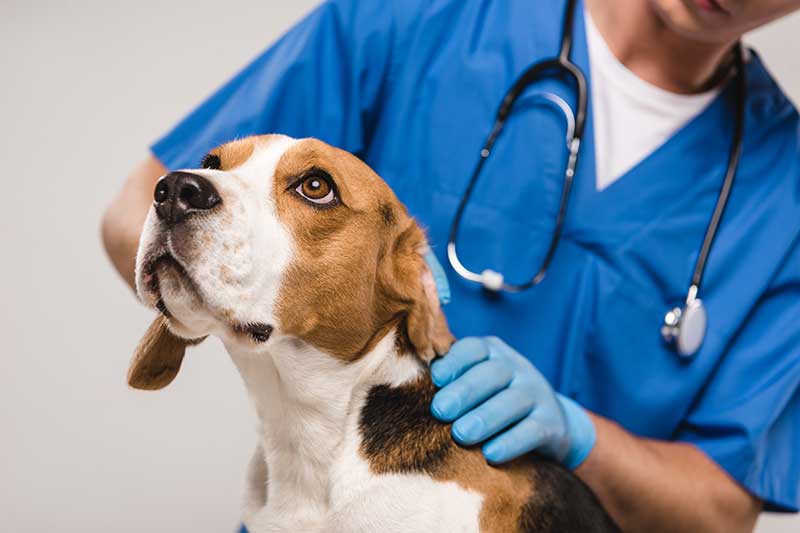Veterinarians are responsible for providing care and treatment to animals—from dogs and cats to horses, birds, and other creatures. They diagnose medical conditions, administer vaccines, perform surgery, and provide advice on caring for animals. In addition to these duties, veterinarians also have several other responsibilities that come with the job. Let’s take a look at four of them.
1- Provide Diagnoses and Treatment Plans
Veterinarians must be able to accurately diagnose an animal’s medical condition based on their physical exam and lab results. Once the diagnosis is made, they must create an appropriate treatment plan for the animal. This could include prescription medications, lifestyle changes (such as diet or exercise), or even surgery if necessary.
2- Advise Clients on Animal Care
In addition to diagnosing illnesses and providing treatments, veterinarians must also help clients understand how to care for their animals properly. This includes discussing nutrition needs, hygiene care, exercise requirements, behavioral issues, vaccination schedules, pest prevention methods (e.g., flea & tick control), etc.
3- Conduct Research & Keep Abreast of New Developments
Veterinarians must stay up-to-date on the latest developments in animal health care to provide the highest quality of care possible. This means researching new treatments and procedures or attending conferences/workshops focusing on animal health topics. Additionally, they may need to contact pharmaceutical companies or other experts to obtain information about drugs or treatments that might benefit their patients.
4- Perform Euthanasia When Necessary
This is one of the most difficult tasks facing any veterinarian—performing euthanasia when it’s necessary due to an animal’s terminal illness or injury. Veterinarians must handle this task with compassion while respecting a client’s wishes regarding end-of-life decisions for their pets. It’s never an easy job, but it’s essential in certain situations to alleviate suffering for the animal and its family members who love them dearly.
Conclusion
Working as a veterinarian can be extremely rewarding, but it also comes with much responsibility—both professionally and emotionally—and requires strong communication skills and technical knowledge about animal health care topics ranging from nutrition needs and vaccine schedules to performing euthanasia when necessary.
For anyone considering a career in veterinary medicine, these four responsibilities should be considered before pursuing this noble profession that helps keep our beloved four-legged friends healthy and happy!
The Melrose Vet is a full-service veterinary clinic in the heart of Los Angeles, CA. We provide comprehensive care for your pet, from routine exams and vaccinations to surgery and laser therapy.
